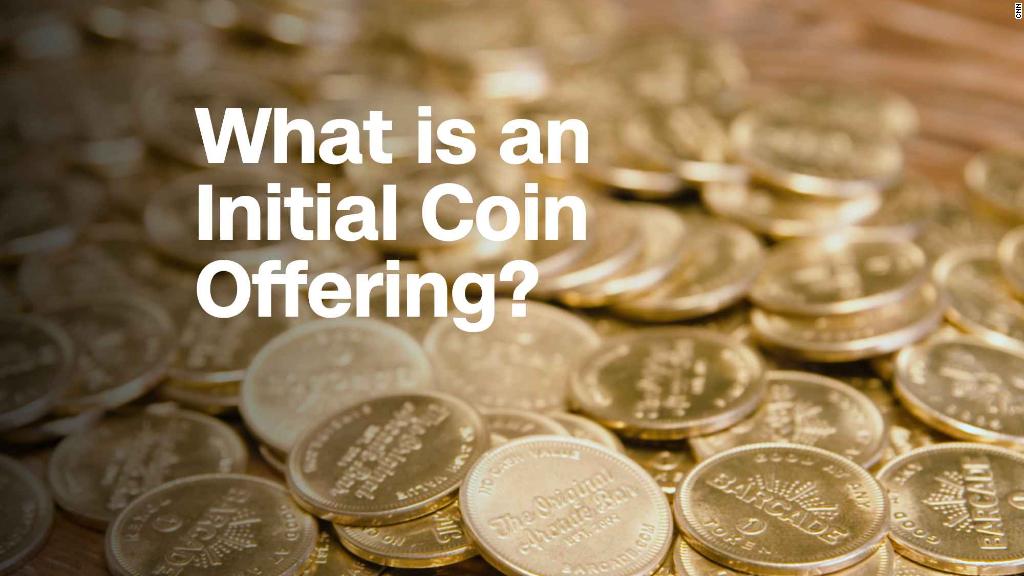
John L. Nesheim is an engineer and adjunct professor of entrepreneurship at the SC Johnson College of Business of Cornell University. He is the author of the best-selling book, "High Tech Start Up," which focuses on getting startups into the IPO process. The opinions expressed in this piece belong to him.
For startups, going public is often seen as the Holy Grail; the big payoff for years -- sometimes decades -- of hard work.
But not every Wall Street debut can be a success story.
Related: Snapchat stock loses $800 million after Rihanna responds to ad
Snap's value soared to $35 billion right after its stock market debut last March. But over the past year, Snap (SNAP) failed to meet Wall Street's sales and user growth expectations. Blue Apron (APRN) endured a similar fate, laying off hundreds of staffers just months after its lukewarm initial public offering in June.
In fact, a third of IPOs will disappoint and eventually delist, according to Cornell University professor Roni Michaely's survey of IPO trajectories. And after a year, half of the IPO companies will find their shares below their offering price.
Despite those tough odds, DropBox and Spotify recently announced plans for their own IPOs. But is the IPO still worth it?
The allure of going public
Going public can be tempting.
Publicly traded companies have access to cheap capital and are thus able to attract talent and currency for acquisitions. And when companies go public, their credibility leaps in the eyes of the public, suppliers and customers. Competitors are intimidated.
But going public is a complex process filled with many misunderstandings.
What could go wrong?
A lot, as it turns out.
The people managing the initial public offering could mess it up. Just ask Facebook, whose initial public offering was botched by an array of technical trading errors.
Hype could also turn to horrible. When Snap and Blue Apron failed to deliver the rosy story they had promised potential investors before the IPO, their stock prices dropped.
Bad timing can be another problem. Private companies sometimes decide to go public before turning a profit, but they must be confident that they can reach profitability eventually. If not, they're bound to keep losing money. Life science startups often conduct IPOs while in the red to raise less expensive capital for trials and approval of new medicines.
Related: Dropbox and Spotify to test demand for unicorn tech IPOs
Profitless startups Spotify and Dropbox are taking the risk now as well.
A startup can also be hit by unexpected and very bad events that prevent it from going public. Still-private Uber is the poster child for this.
Its new CEO Dara Khosrowshahi recently confirmed that Uber will plan to go public in 2019.
Uber has toyed with going public for years. But that dream took a hit when Asian governments and sympathetic venture capital pools decided to pump in billions of dollars into Uber competitors.
Next came a series of sexual harassment and discrimination complaints. All that unexpected turmoil eventually led former Uber CEO Travis Kalanick to step down, and changes in leadership can mean bad news for IPO aspirations.
Going public isn't the only choice
An acquisition can be an excellent path for some. Large drug corporations have sped development by acquiring life science startups. The tiny company gets an instant IPO via stock of the public giant. It's a win-win.
Other companies, such as Google (GOOG), choose to auction their stock and avoid an unexpected spike up or terrible crash on IPO day.
Spotify plans to take another unconventional route and sell its stock directly to investors.
Then there are Initial Coin Offerings, which are a new and much more risky option. This recent phenomenon involves selling tokens, rather than stock, that is traded on crypto currency exchanges. It's still experimental and comes with serious risk.
Related: Inside the war between Spotify and Apple
Regulators are cracking down on brokers touting the offerings, deals are being examined by lawyers and token holders are finding few eager buyers. Beware.
And of course, staying private has its advantages, too. After it went public, Pioneering Tesla is struggling to deliver and suffers from intense public scrutiny. Plenty of major companies choose to remain private to avoid this scrutiny, such as multibillion-dollar Mars Inc., which owns M&Ms. UPS stayed private for a long time, as did SC Johnson & Son. And Clif Bar & Co. continues to grow while remaining private.
What's the best option?
Despite the risks, it's generally better for successful startups to go public.
Staying private can be a bad idea for lots of reasons. Liquidity costs, for instance, can pile up. Ray Dolby, the founder of soundsystem company Dolby Labs, had to take his company public to avoid huge tax bites before he transferred shares to his children.
In addition, unicorns consume billions of venture capital dollars each year. There are limits to the pool of private equity willing to fund such growth. And investors expect liquidity some day.
Thus, the classic IPO route is the one most startups will want to take. The employees and the public expect it.


